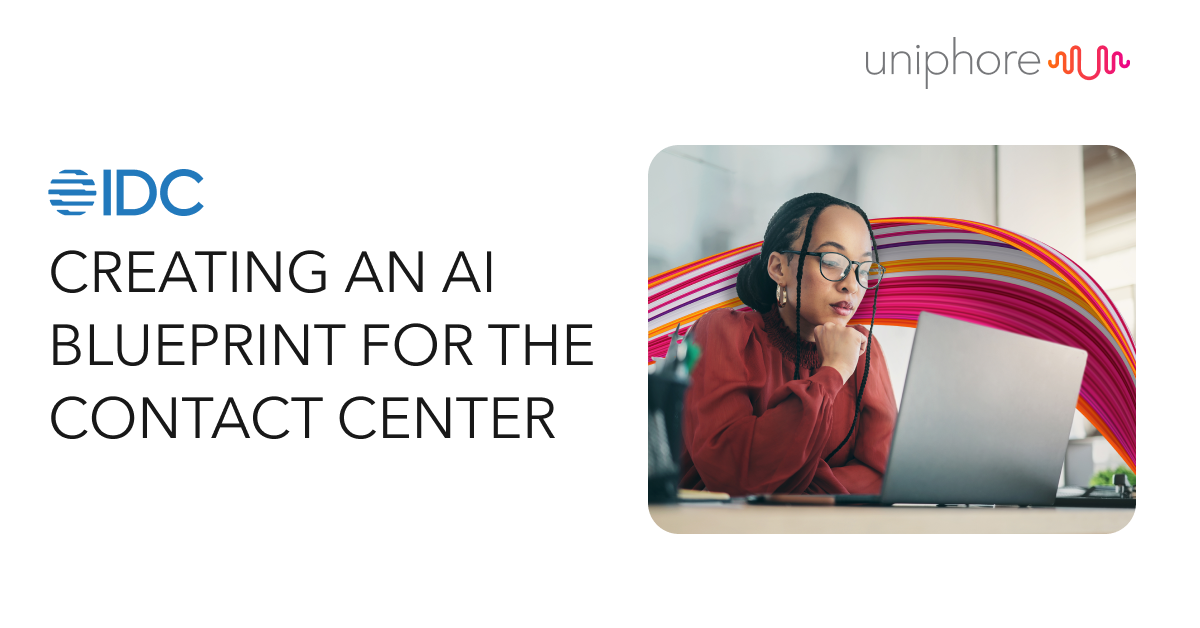Call Recording Integration vs. Rip and Replace
Call recording is a major investment. It’s little wonder that businesses are hesitant to abandon a solution they’ve already spent significant time and money on—even if a better solution is readily available....
)